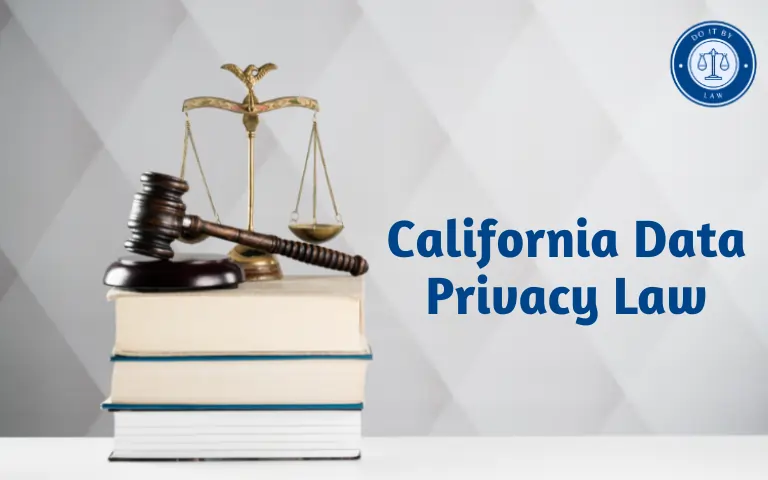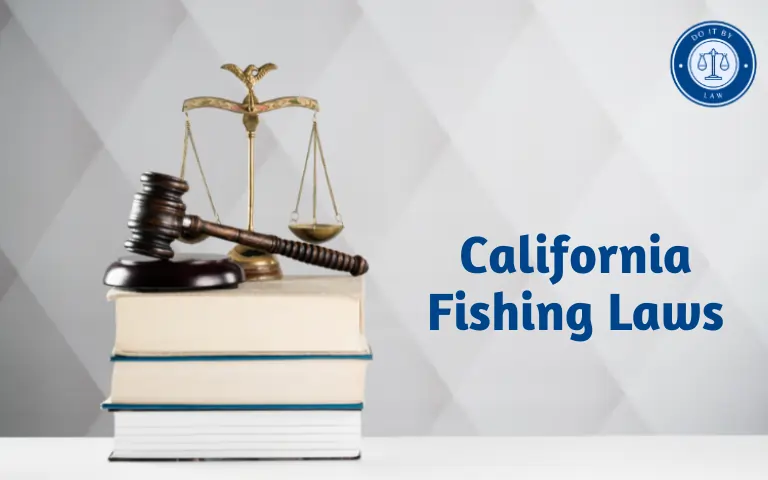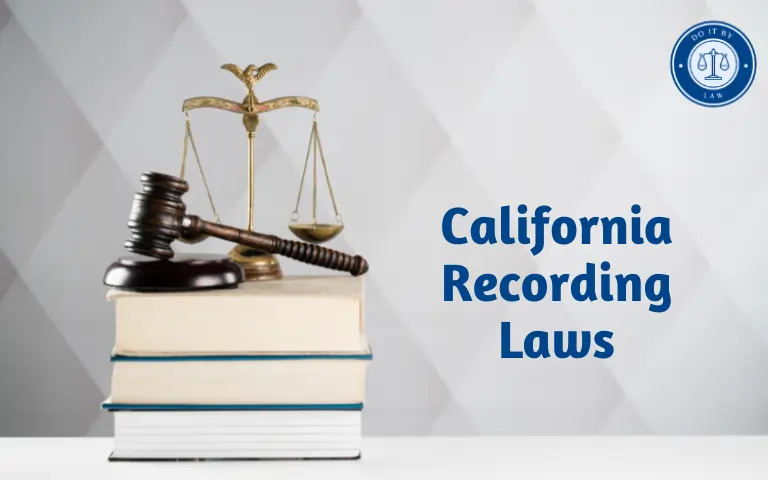California Data Privacy Law: What You Need to Know
In the age of data mining and micro-targeted advertising, California shook corporations by enacting pioneering consumer privacy regulations. With the California Data Privacy Law Act of 2018 (CCPA), the state confronted the commercial use of personal details head-on. But between unwieldy provisions and limited awareness, effectiveness remains debatable even amid calls to strengthen protections further. Let’s unpack what this groundbreaking law does, doesn’t do, and could one day achieve for data rights.
Why Does California Regulate Data Privacy?
In short – massive breaches left consumers exposed while benefiting tech ecosystems thriving off sharing user data. Landmark social media and credit agency leaks especially outraged California State given Silicon Valley’s presence. So legislators calibrated rights guardrails checking unfettered commercial tracking. Now firms must open access portals and explain data uses or face potential suits. Whether compliance occurs proactively or only after incidents remains less clear.
Who Does the California Data Privacy Law Apply To?
Primarily businesses handling 50,000+ users’ details or 25+ million in sales – capturing most major platforms. Core requirements include:
- Allowing consumers access to exact data held about them while correcting inaccuracies
- Disclosing types collected and their usage or sharing internally/externally
- Permitting opt-outs from sales to third-party brokers
- Maintaining reasonable data protections against breaches
In many ways, CCPA empowers individuals against opaque data gathering affecting finance, employment, access opportunities, and more. But reaching that awareness presents obstacles now and in the future nationwide.
Key Provisions of the California Data Privacy Act
Let’s unpack C CPA’s complex dynamics:
- User data access – Firms must provide private portals to reveal categories and exact details tracked per individual
- Opt-out sales rights – Consumers can restrict sharing with unaffiliated third parties via online forms
- Use disclosures and restrictions – Broad statements on internal/external data handling are required with some limits possible
- Security mandates – Businesses face audits ensuring “reasonable” cybersecurity and breach protocols protect sensitive personal information
- Private right of action – Individuals or classes gain direct litigation rights against actual data losses resulting from inadequate security negligence
At face value, such rights check commercial forces otherwise mining individuals’ digital footprints with impunity. But loopholes and limited enforcement foster misuse risks now addressed in follow-up legislation.
Penalties for Violating the California Data Privacy Act
Fines now pressure compliance at scale:
- Up to $2,500 penalty per record leaked/exposed by unaddressed software vulnerabilities
- $7,500 fine per intentional record sale violating opt-out requests
- Potential injunctions temporarily restricting data exchanges in severe systemic cases
For heavy household brands measuring profiles in tens of millions, aggregated statutory violation costs could reach hundreds of millions absent diligent controls auditing. Hence legal risks demand priorities balancing check-box compliance vs earnest privacy principles.
Recent and Proposed Changes to California’s Data Privacy Act
Follow-up laws now restrict side-stepping user protections among enlightened first steps:
- Anti-circumvention safeguards passed in 2021 hamper shifting data to non-compliant third parties or subsidiaries to bypass disclosure duties
- Privacy “right to cure” allows reasonable correction periods securing violations before litigation
- Expanded civil code protections beyond mere notification now demand reasonable data handling aligned with fair information principles
- Calls continue seeking federal adoption baseline privacy rights currently absent in the US relative to the EU
With pioneering laws now enacted, expectations turn toward demonstrable adherence delivering on digital confidentiality promises to remedy current surveillance state antagonisms.
Controversies and Criticisms Around California’s Data Privacy Act
New regulations stirred high-stakes debates across industries:
- Compliance costs – Operational overhauls reaching sales, IT, and legal teams require investments many small firms struggle to absorb
- Limited awareness – Most individuals remain unaware of new data rights held to check commercial tracking
- Data valuations – Specificity mandates around selling consumer insights complicate digital revenue models dependent on profiling
- Constraints on innovation – Silicon Valley warned privacy curbs could challenge unproven technologies whose social utility justifies initial opaqueness
At the start of a new rights regime, seldom do first versions achieve perfect balances among ethical ideals, technical enforceability, and the greater good. Like data itself, progress toward true confidentiality promises iterative refinement.
The Road Ahead: Expanding California Data Privacy Law Act
While flawed in execution, California’s conceptual leadership recognizing data dignity stands to compel a rethink of consumer relationships nationally if not globally. As entities optimize profits around individuals’ details, few precedents exist establishing baseline controls by design. Early injunction threats suggest the state’s seriousness around safeguards absent earnest corporate participation moving forward.
Perhaps one day digital stewardship may even eclipse PRIVATE NOTICE repetitive formalities elevating people beyond mere “users and choosers” toward an enriched understanding of privacy itself. But between current law loopholes and limited awareness, tech trajectories keep outpacing protective oversight for now – making public pressures essential to drive accountability. California initiated a data debate whose ultimate conclusions remain unwritten.







